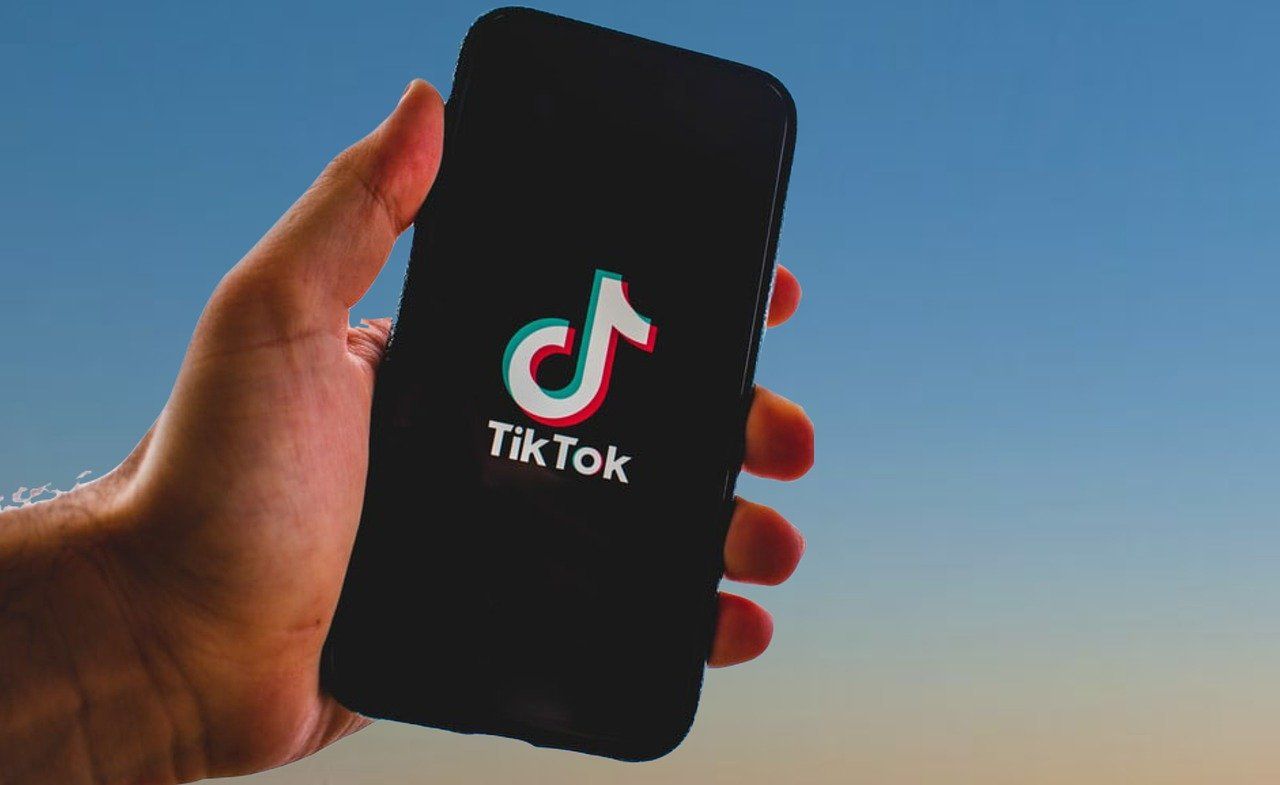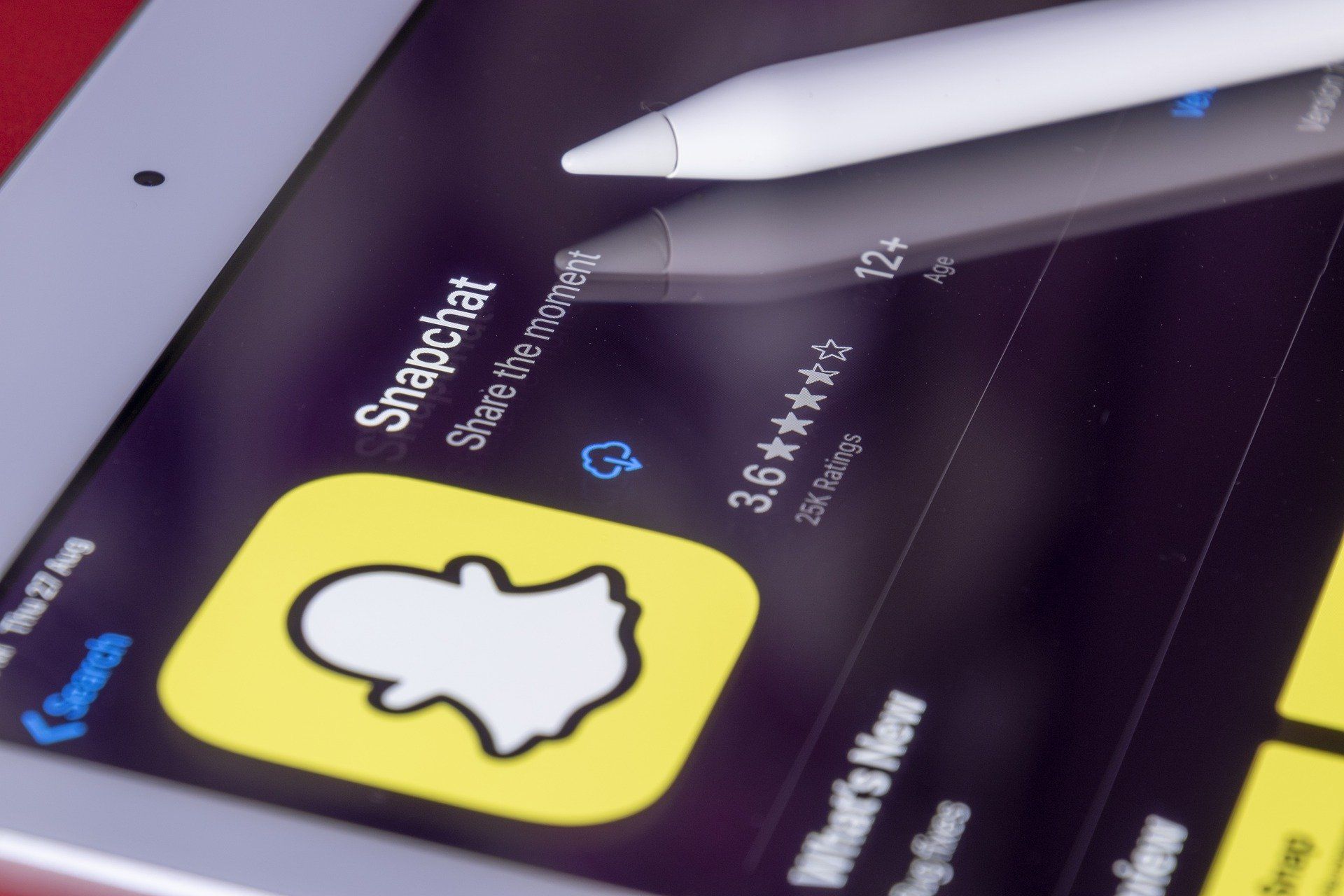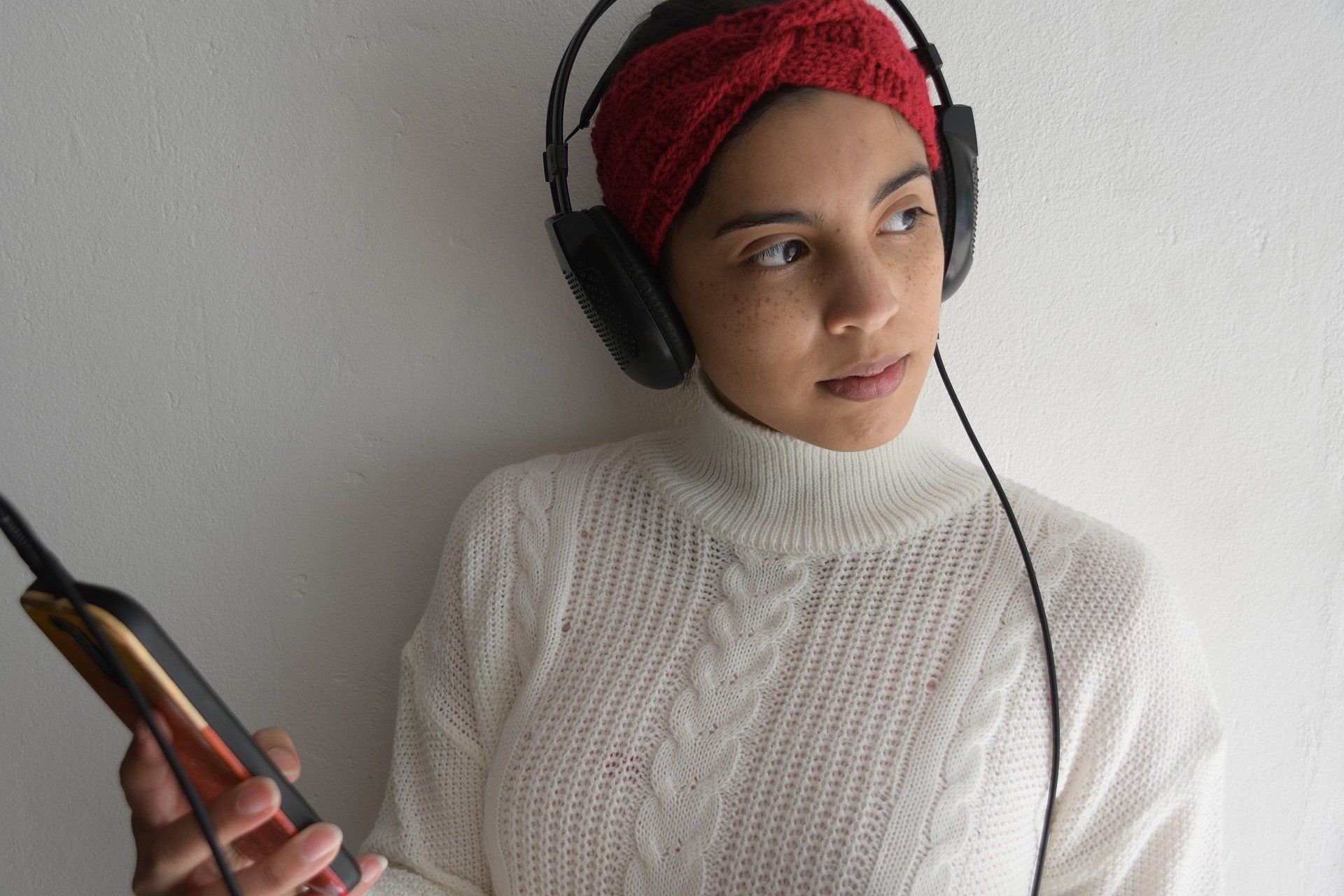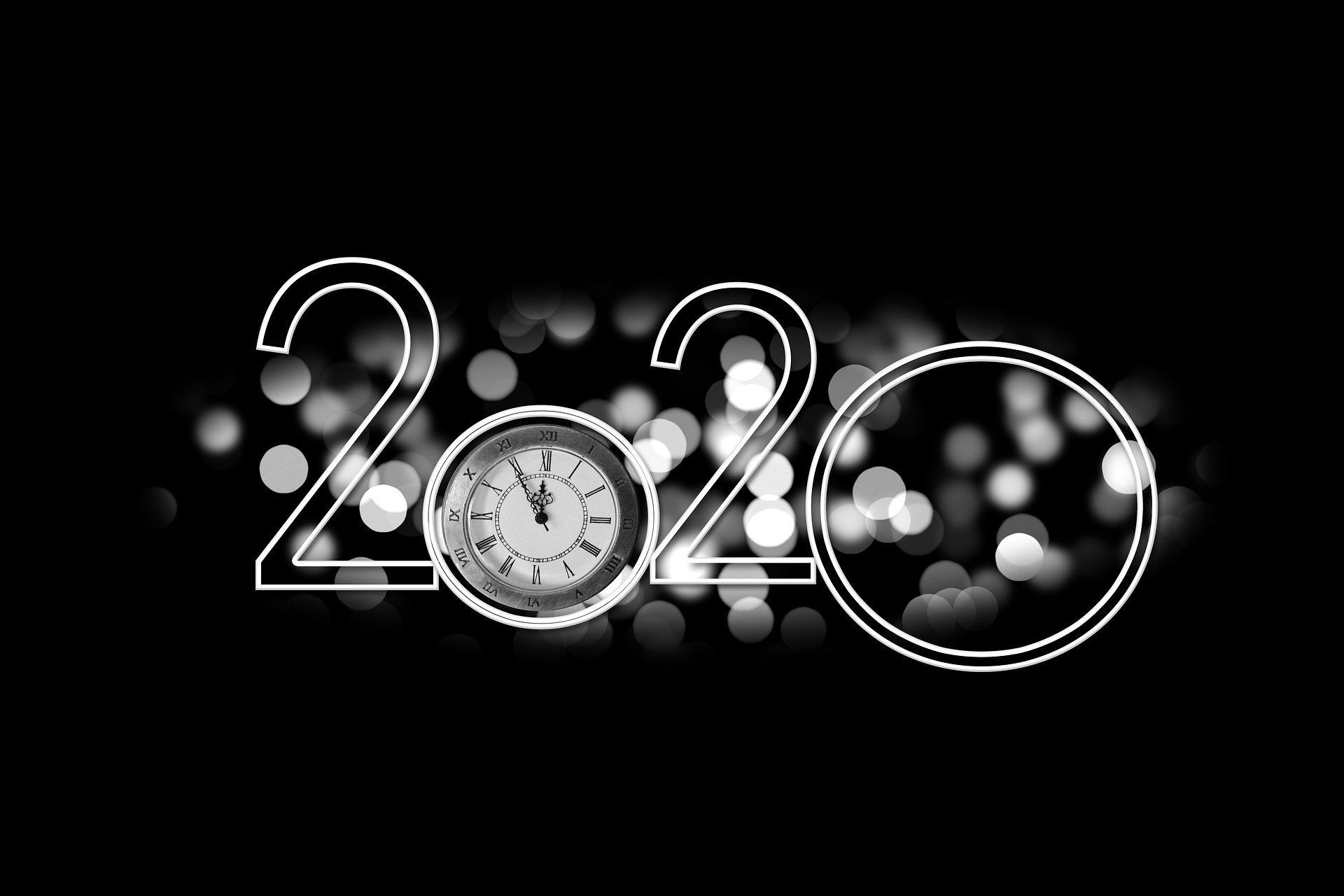“Dreams” and Ocean Spray: A case study

Commuting from his trailer via longboard to his job at a potato plant while drinking Ocean Spray cran-raspberry juice and singing Fleetwood Mac’s “Dreams,” Nathan Apodaca of Idaho Falls had no idea that he was filming the most successful advertisement in the history of Ocean Spray.
The joy-filled, 22-second clip, originally posted to the increasingly popular video sharing app Tik Tok, has garnered 73 million views on the app alone, with Apodaca himself amassing over 6 million followers in the 3 months since he went viral.
So, what turned this video into a powerhouse that nearly doubled the Ocean Spray stock price and skyrocketed “Dreams” up to No. 1 on the iTunes charts 33 years after its release?
Humanity is arguably the main reason for the overwhelming success of Apodaca’s video-turned-ad. It isn’t as though he began this journey as an influencer, or someone with a significant number of followers. In his words, he just likes juice and needed to get to work.
2020 has proven to connect us humans together with a gritty thread, often finding more commonalities in the struggles than successes. Apodaca had been dealing with water and electricity outages in his trailer, and his truck broke down (thus, the skateboard) in the weeks leading up to his virality. Posting the video a couple minutes before his shift, he almost considered taking it down since phones were not allowed on the plant floor.
Luckily, he did not. And by his second break of the day, the clip already had 2 million views.
Now, no one can necessarily plan on going viral. And perhaps that’s why this video turned into the beast of a marketing opportunity that it did. It was real, it was relatable, and it was human – everything a lot of advertiser’s couldn’t seem to get right in the COVID-19 era.
But the success of this Tik-Tok-turned-advertisement would have never, not in a million years, be something Ocean Spray itself would have created organically. Marketing expert Mark Schaefer concludes that this is what executives at Ocean Spray would have likely said to an agency that created the same video:
1.That person does not represent our core values or targeted consumer base
2.Legal won’t approve of this video because he is engaging in risky behavior – he’s not wearing a helmet. What if people try this stunt and sue us?
3.He’s drinking right out of the bottle, which is off-brand
4.You can hardly see the product or logo
The video ended up working overtime in Ocean Spray’s favor because Apodaca was in control of the messaging. This time, Ocean Spray didn’t get to tell anyone who they were. We were told who Ocean Spray is by Nathan Apodaca – and oh, what an uplifting message it was.
COVID-19 has changed many things. But one huge takeaway is that people are struggling, and they no longer appreciate advertisements trying to sell them an extravagant product. Polished, perfect, branded ad tactics are beginning to fail, and human-centric tactics are becoming increasingly effective, if not necessary, in bringing people and products together.
Unknowingly to him, Apodaca has started something. His video now serves as the base for Tik Tok’s ad campaigns, where he is joined by fellow Tik-Tokers and Mick Fleetwood himself in ads promoting creativity and personality. This can only be the beginning of a new era of user-generated content – one in which brands must surrender some sort of control to those they sell to.










